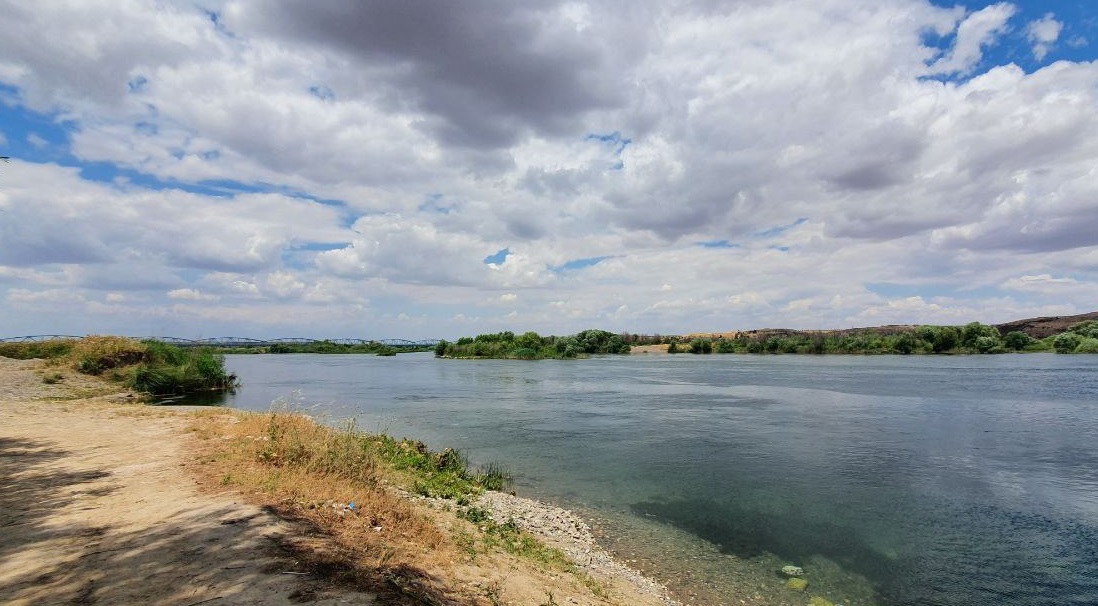The local council in the city of Jarablus in rural Aleppo announced that it has stopped pumping water to the area after a large number of residents were poisoned and had to be hospitalized, with activists reporting around 500 cases.
The local council said through its official IDs that the pumping of water to the city of Jarablus will be stopped until the safety of the water is confirmed by conducting tests and the results are available. The local council added that the municipal directorate will work to clean the water canal and that this process is expected to take two or more days.
The head of the outpatient department at Jarablus hospital, Dr. Jassim al-Ibrahim, said in press statements that they received 150 patients at the outpatient department yesterday morning, with symptoms ranging from vomiting, stomach pain, and diarrhea.
Activists said the number of people infected has reached 470, and the number could rise as the cause of the poisoning is attributed to sewage leaks and contamination of the Euphrates River water.
Late last month, five young girls and three children contracted food poisoning in two separate areas in the northern and eastern countryside of Aleppo. The Syrian Civil Defense reported that five young girls were infected with food poisoning after eating a quantity of beans while harvesting them in Eastern Aleppo, and three children from one family were infected with food poisoning in al-Risalah camp in Shamarin village in the Northern countryside of Aleppo. in recent years, Syria’s rising temperatures and foreign water restrictions have enormously diminished the water levels of the Euphrates River—the country’s most significant source of water for centuries. The instability surrounding water acquisition and distribution has led much of the population to rely on unsafe water sources, leaving a vulnerable community at risk of contracting water-borne illnesses. On September 10th, the UN sounded the alarm on a developing cholera outbreak in Syria directly linked to the ongoing water crisis and the Euphrates. With thousands already affected, some fatally, the threat of further exposure and an influx in cases is imminent—leaving the entire Middle East at risk.






Be First to Comment